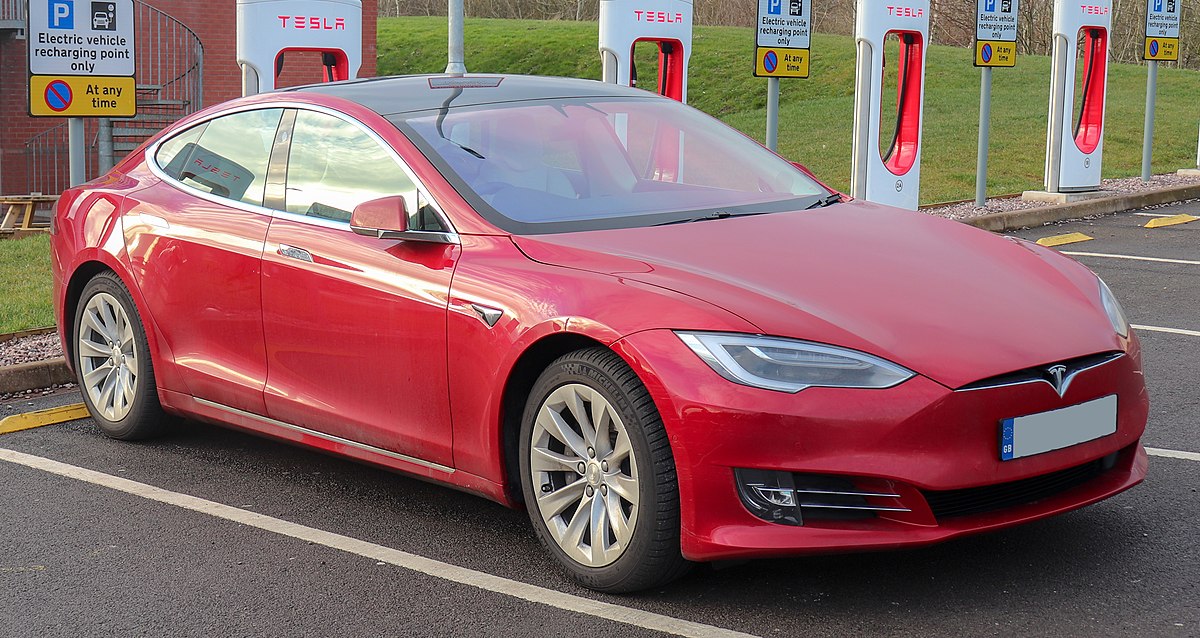Tesla, the electric vehicle (EV) manufacturer that has captured the imagination of the masses, recently boasted about the winter-to-summer range loss of its Model S. According to reports, the Model S demonstrated a mere 20% drop in range, making it one of the most efficient EVs on the market. While this achievement may sound impressive on the surface, let's dive deeper and examine whether it truly lives up to the hype.
Winter-to-Summer Range Comparison:
During the Motor magazine's real-life range test, the Model S LR managed to cover a remarkable 417 miles on a single charge. This exceeded both its own official EPA range estimate of 405 miles and the range achieved during the winter test, which was 329 miles. While these figures may seem impressive, it's crucial to remember that the test took place in near-ideal weather conditions, with temperatures ranging between 59-68°F or 15-20°C.
Winter Efficiency - Not as Outstanding as It Seems:
While Tesla enthusiasts might be quick to celebrate the Model S's 20% range loss in cold weather, it's worth noting that many other EVs have also demonstrated impressive efficiency under similar conditions. The fact that the Model S is often hailed as one of the most efficient electric vehicles is somewhat of an exaggeration. Numerous range comparisons have shown that other EVs can match or even surpass the Model S's performance in cold weather. It's important not to get too carried away by Tesla's claims of superiority.
Polestar 2 and Other Challengers:
In the Motor magazine's range test, the Polestar 2 secured the runner-up position during the summer trial, covering 374 miles on a single charge. While this falls short of its official specifications, it is still a respectable distance. Additionally, the NIO ET5 and Nissan Ariya managed to exceed their own range estimates. However, the real standout was the XPeng G9 SUV, which exceeded its range specs by a staggering 13%.
Battery Capacity and Power Draw:
It's true that the Model S boasts a large 100 kWh battery pack, giving it an advantage in terms of overall range. However, when it comes to efficiency, battery capacity alone does not tell the whole story. The Model S managed to achieve a commendably modest 14.4 kWh power draw during the test, a figure that only a few all-wheel-drive models in the same range managed to match or surpass. Nevertheless, it is essential to consider that power draw is just one aspect of overall efficiency, and it does not necessarily guarantee the best range performance.
Conclusion:
While Tesla's Model S demonstrated an impressive winter-to-summer range loss of just 20%, it's crucial to keep this achievement in perspective. Many other EVs have proven themselves to be equally efficient under similar conditions. The Model S's range loss should not be considered a groundbreaking feat, but rather a testament to the overall advancements in electric vehicle technology. As consumers, it is important to scrutinize claims made by manufacturers and not get swept away by marketing hype. After all, the EV market is evolving rapidly, and there are numerous options available that can rival or even surpass the performance of Tesla's offerings.







No comments:
Post a Comment